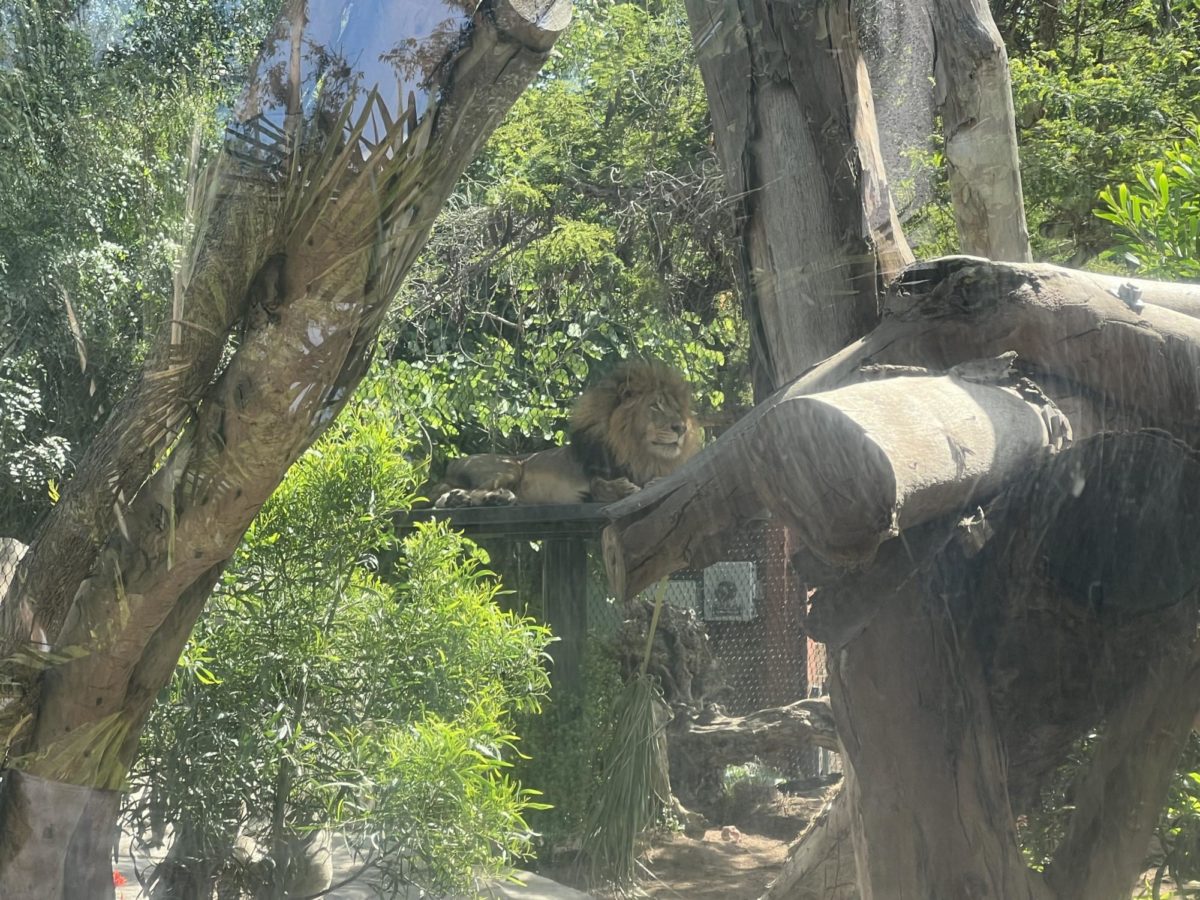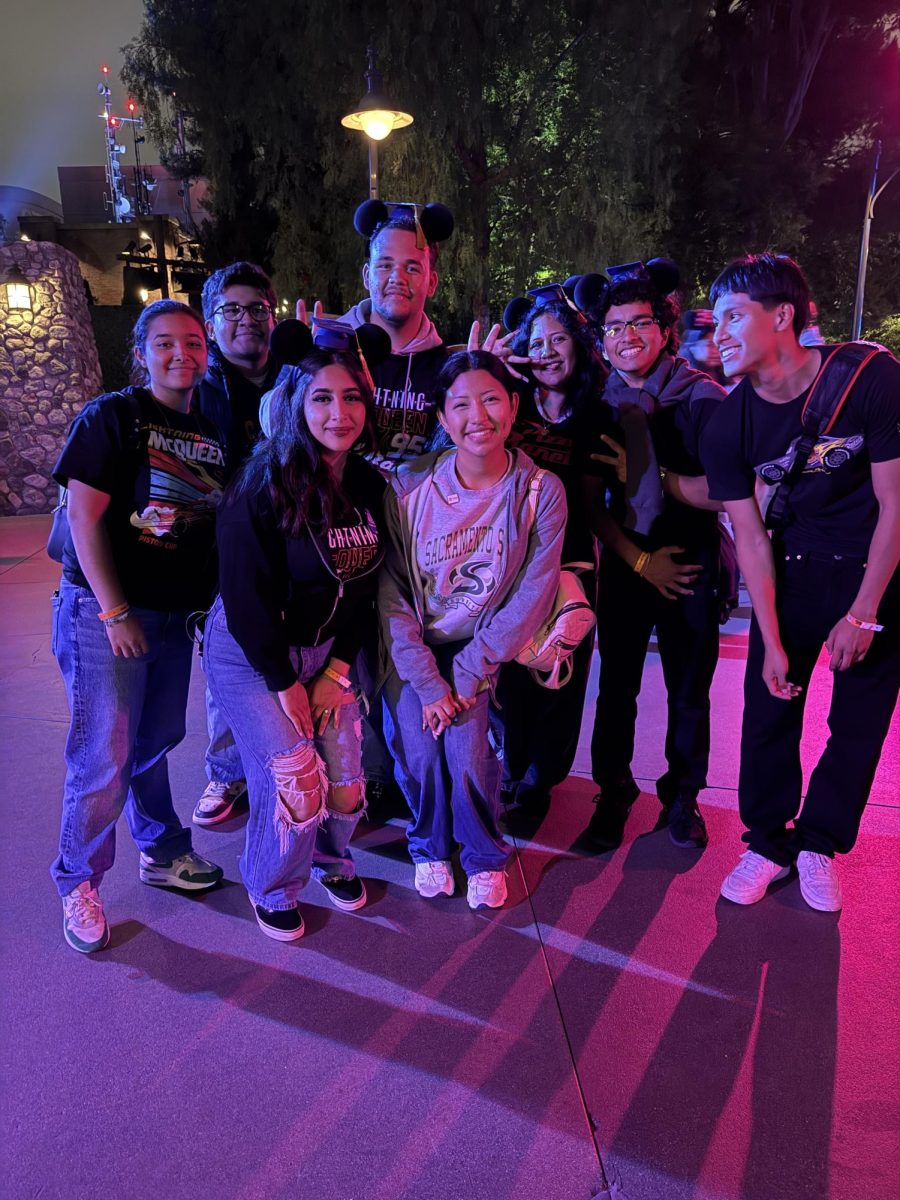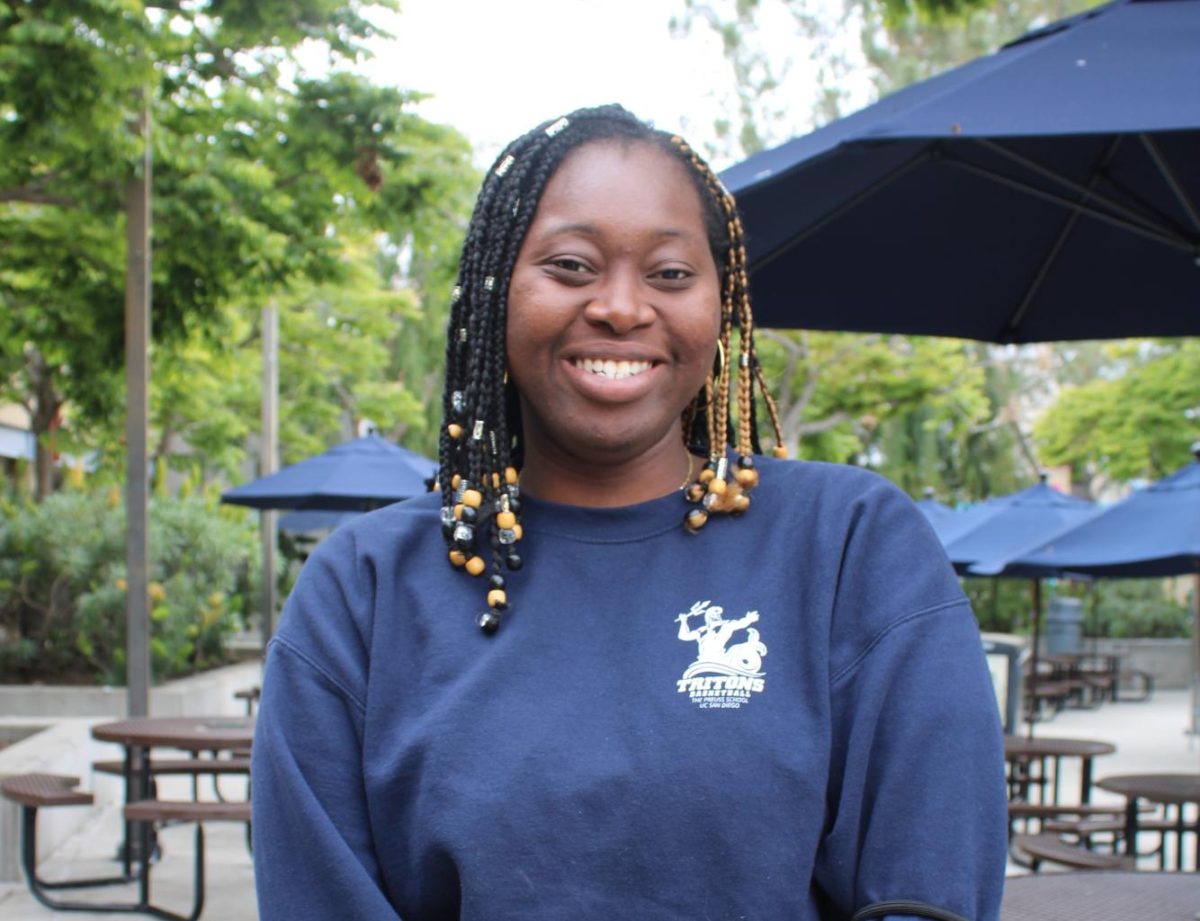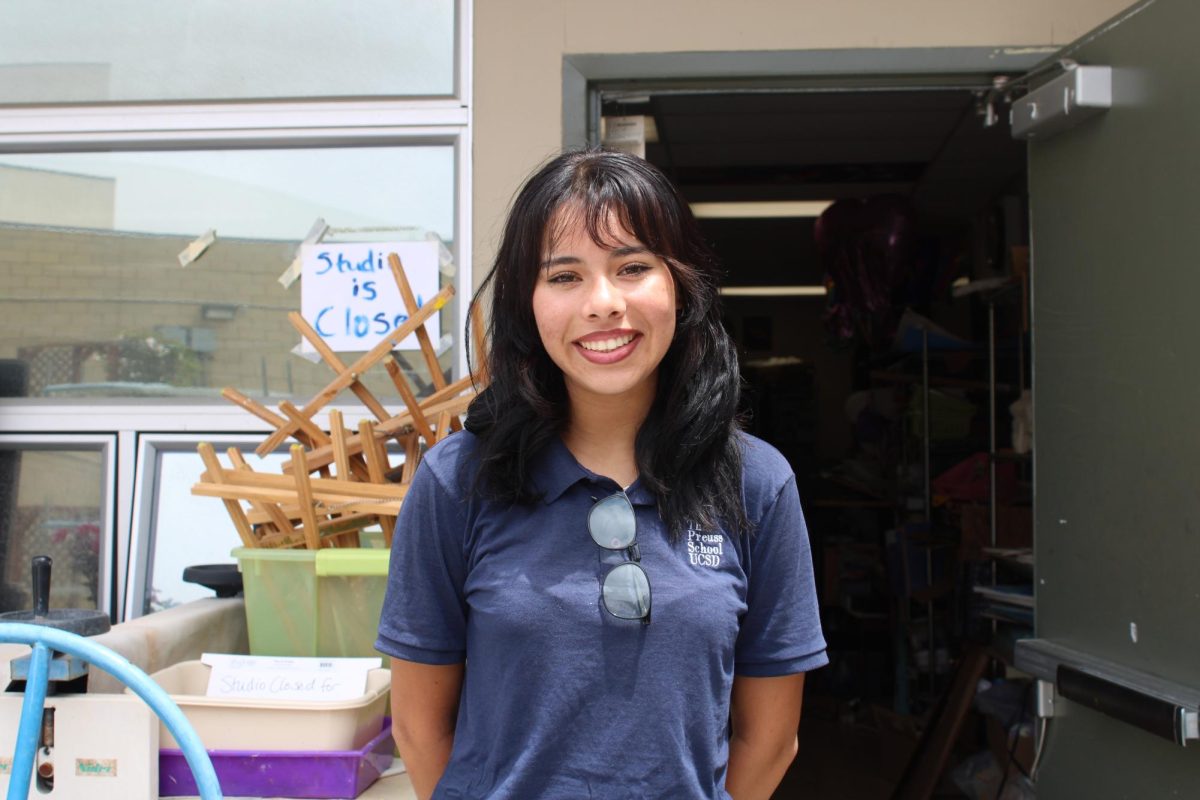AP Biology’s first field trip took place at the San Diego Zoo Safari Park. On Thursday September 28th, all seniors in AP Biology were accompanied by their teacher, Ms. Ackerman, to a laboratory where students would take a deeper look into the lives of rhinoceroses. When first arriving, students were expected to learn more about scientists but also use it as an opportunity to gain more information about the lab itself.
“The idea of the lab was to get an understanding of how scientists in the safari park test if a rhino is pregnant or not. What we did was combine rhino DNA with chemicals and if the final solution was a certain color then it would tell us if the rhino was pregnant,” stated Kevin Hernandez (24’).
Throughout this process students retained information on the possible extinction of rhinos and recognized the slight differences between some rhinos we see in California compared to other places in the world. However, students not only learned about the animal, but they were also able to experiment with rhinos progesterone (pregnancy hormones in females) samples, and learn about their pregnancy situations even more.
“Unlike humans, I learned that the time spans for rhinos are much shorter. It takes 8 months for rhinos to give birth while an average human takes around 9 months to go through labor,” expressed Heather Trinh (24’).
After completing their research, students were given a limited period of time to explore the safari park. Some students went off to see other animals but also got to venture into the “frozen zoo.” Through this, many got to see animal sperm that were kept in tubes to remain frozen for breeding.
“I found the frozen zoo to be interesting, but I especially liked seeing the monkeys. I thought the monkeys were really cute. I enjoyed learning about how they interacted with each other and how they eat on a daily basis. I would definitely go again,” mentioned Bao Banh (24’).








